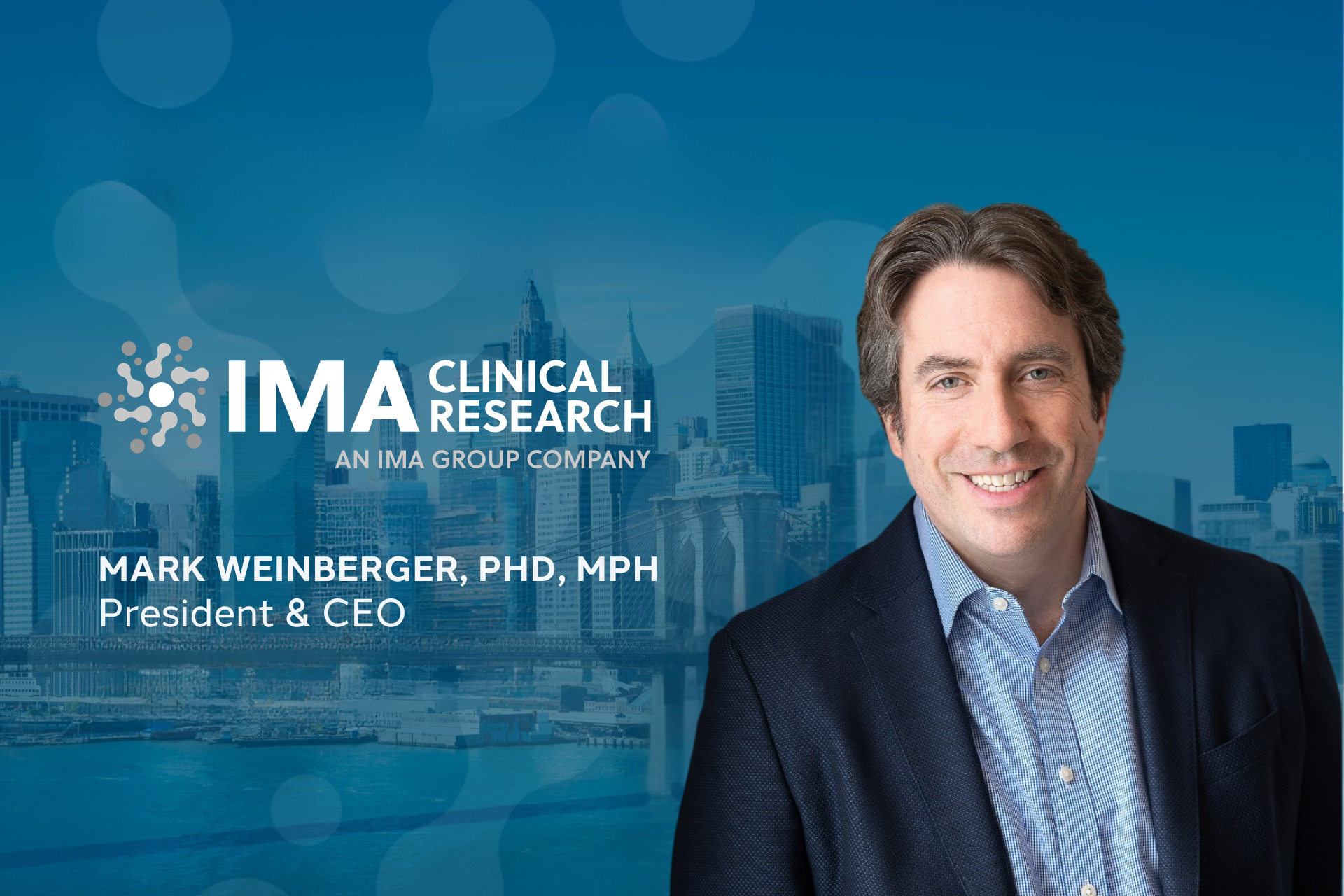How Participation in a Clinical Trial Extended My Life
February is American Heart Month—a time I never expected to carry so much meaning in my life. This Heart Health Month, I pause to reflect on what it has personally meant to be a part of the clinical research community and a research subject and cardiac patient. It has certainly been an interesting year trying to balance scientific interests, work demands, COVID and my health. I’ve gained a new appreciation for how quickly science and medicine change and their direct impact on our lives.
Why Participate in a Clinical Trial?
In pursuit of a long and healthy life, I’ve always been conscious of physical activity and healthy eating, and proactive and compliant with medical treatments. I had a cholesterol test at my regular annual physical this past year. While my lipid panel with diet and statins was generally good (118 mg/dL), I learned that my Lipoprotein(a) was very high at 184 mg/dL, with normal levels <29 mg/dL.
No one had previously discussed or tested me for LP(a), so this was a surprising concern. LP(a) levels are primarily controlled by genetics, and high LP(a) levels may increase your risk for heart attacks by up to four-fold. Treatments to control LP(a) are in development but not yet approved. This was the catalyst for my own clinical trial participation as a patient rather than a researcher—I wanted to help further the research around new medical treatments.
My Clinical Research Participation Experience
As part of my ongoing commitment to clinical research and participating in clinical trials to advance science, I enrolled in a clinical trial at NYU Langone. The study is designed to evaluate a new treatment to reduce LP(a) in patients with cardiovascular risk and elevated LP(a) levels. I continue to receive excellent care and advanced diagnostics during this ongoing study, and I truly appreciate the elevated surveillance and support. The study is randomized 2:1 investigational product (IP) to placebo, so I had a fair chance at receiving a new and potentially beneficial product. And wow, what a consent form—I never really considered how arduous an eighteen-page consent form might be for the patient. The study ends later this year.
Last summer, while on a seventeen-mile hike in the Catskill Mountains, I had an episode of what I suspected to be angina. I had another episode on an eight-mile beach run a couple of weeks later. After reporting these events to my clinical trial research coordinator as potential adverse events, I was quickly scheduled for several diagnostic procedures, including an echo stress test, cardiac calcium score imaging and angiography. The diagnosis? I had multiple plaques occluding several arteries that couldn’t be stented. Next step: triple bypass surgery.
What started as a routine annual physical and discussion about cardiac risks turned into a journey that involved clinical research participation, advanced diagnostics, and surgery. I’m delighted to report that the surgery was a success, and I’m helping my surgeons look great by being a model patient. I’ve returned to my active lifestyle without concern, and I’m looking forward to a long, healthy life.
What Participation in Clinical Trials Means to Me
Looking back on my personal experience, I take inventory of all the products used in my care; it’s amazing how many of them I worked on over my research career. This was a major reality check for me. Without innovators, research subjects, dedicated investigators and research staff to support participation in clinical trials, those products wouldn’t be accessible to any of us. And without the skilled medical practitioners who deftly use those tools to heal us, they would just be decorations on a shelf. I salute everyone who has contributed time, knowledge, hard work and equity to advancing science. This American Heart Month, let’s pause to celebrate the advancements in heart health that keep us all ticking! A very personal (and hearty) thank you to the entire medical community.
Interested in learning more about participation in clinical trials and cardiovascular studies from IMA Clinical Research? Contact us to learn more.




